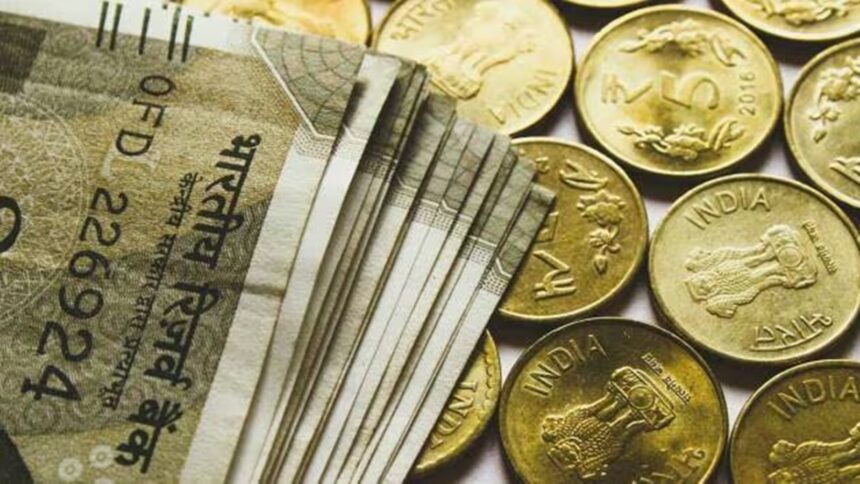India’s overall goods and services exports are expected to grow by over 21 per cent year-on-year to $1 trillion during FY26 from $825 billion in the last fiscal, largely due to a jump in exports to the US, Federation of Indian Export Organisations (FIEO) President S C Ralhan said on Tuesday.
Ralhan said the healthy growth may result from international buyers seeking to diversify their sourcing amid global economic uncertainties, aided by free trade agreements that India is finalising.
However, he added that despite the healthy outlook, some headwinds are expected from technical and non-tariff barriers. The latest challenge facing the industry is the implementation of the Digital Product Passport (DPP), which will be introduced by the EU from 1 January 2026.
It will be mandatory for a wide range of products, starting with sectors like electronics, batteries, textiles, and construction materials, with wider rollouts expected by 2030. DPP aims to digitally record, store, and share information about a product’s entire life cycle—from raw materials to manufacturing, usage, recycling, and disposal.
In FY26, merchandise exports are expected to grow 12 per cent to $525–535 billion from $437 billion in 2024–25, while services exports are likely to rise by about 20 per cent year-on-year to $465–475 billion from $387 billion in the last fiscal, Ralhan said.
All the major sectors are expected to show a significant jump in shipments this fiscal, he said, adding that healthy growth is expected in electronics, engineering, chemicals, textiles and clothing, pharmaceuticals, and even agriculture. Petroleum and gems and jewellery exports will also be in the positive zone in the coming year.
DPP may increase the compliance burden, particularly for exporters from the Micro, Small and Medium Enterprises (MSMEs) sector. “These are clearly protectionist measures,” Sahai said.
Non-compliance with DPP requirements may lead to rejection of consignments or loss of competitiveness in the EU market, which is becoming increasingly sustainability-focused, Sahai said.
This DPP follows the EU’s carbon tax, deforestation regulations, and the Eco Design Sustainable Product Regulation—all of which will come into force from 1 January 2026.
He also said that issues pertaining to the Red Sea and the wars between Russia–Ukraine and Israel–Hamas have eased, and in fact, ships have started moving through the Red Sea.








